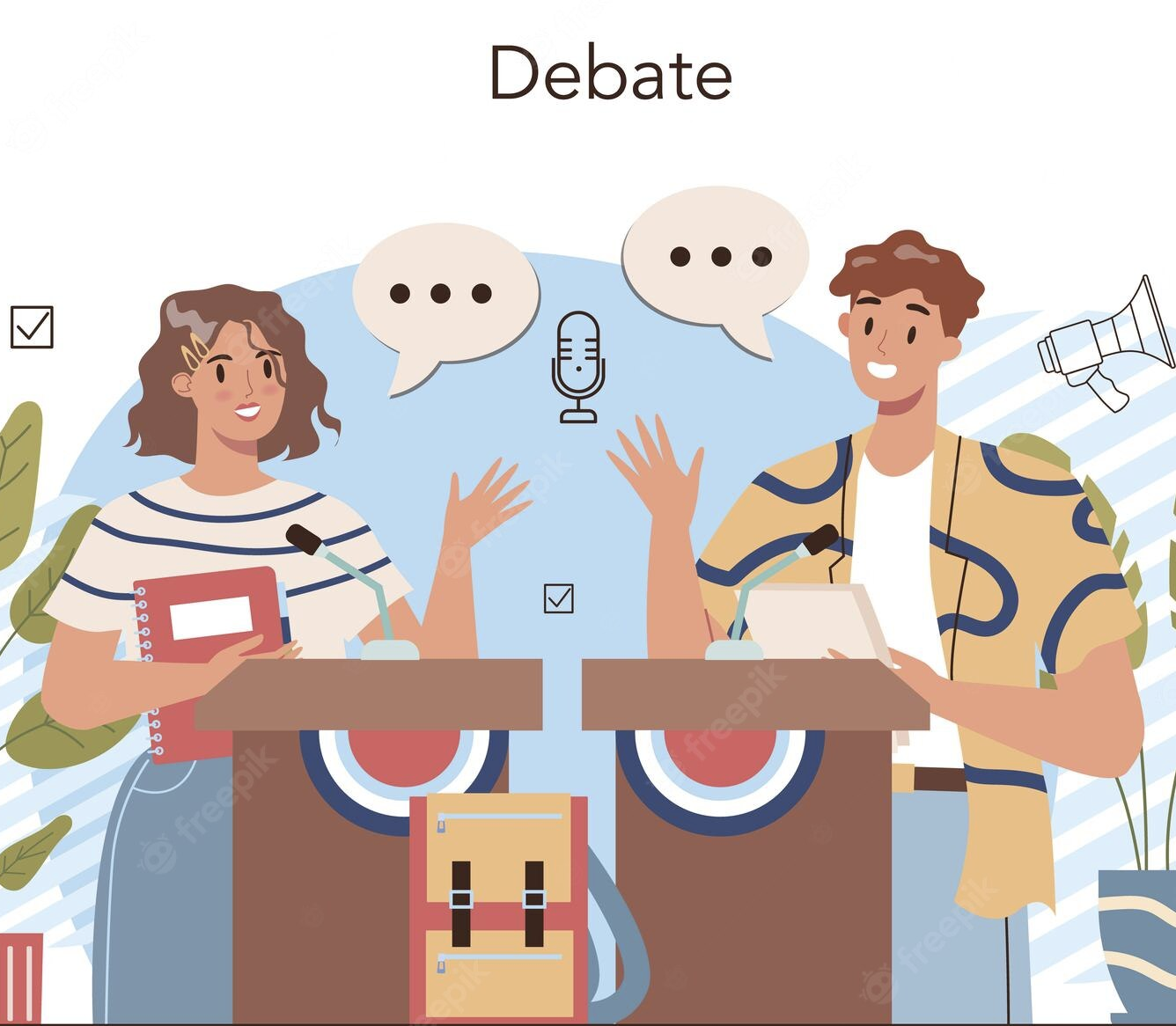A New Vision For School

So ideally school would have students feel like they are supported to be in charge rather than just be “passengers” or worse “prisoners” of a system that does not provide individual avenues of exploration. In this type of school, teachers act more as guides; critical thinking, problem solving, self-directed learning, self-assessment/reflection are all encouraged – particularly with respect to preparedness for college and the workplace.
Classes in this school have learning modules that
-
take place over an extended period of time to allow for refinement
-
are multi-disciplinary and based on a real-world TASK
-
begin with teachers providing background but end with students producing a presentation
-
encourage more “collegial” student/teacher interaction and only via check-ins which are student-initiated

Why?
Because students need to feel that they have agency, and what they study is relevant to themselves. In my experience, students need to engage in debates in all classes whether Math, Science, SS or English/ESL. Debate is a student-centered, problem/project-based learning model with a long history (as far back as Socrates!) with emerging data that support its efficacy as a means of acquiring the necessary intellectual, personal and interpersonal skills to meet the challenges of tomorrow. The research is clear: debate is the most effective means of engaging students with themselves, their peers, and the world around them. Teachers should incorporate debate in their students’ regular academic classes when/where deemed realistic and impactful. Regardless of whether a student chooses to pursue competitive debate at tournaments, all students will reap debate’s myriad educational benefits.


Workshops are another important means of student engagement where students learn from public and private sector experts the knowledge and skills that are key to solving governance and industry challenges. Students should get extracurricular workshops guided by partner private/public sector mentors. Guest mentors from partner organizations can guide workshops for students in teams to acquire the foundational skills of a diverse variety of fields such as public policy research, fake news analysis, data mining, social media marketing, blockchain and cryptocurrency etcetera. The knowledge students acquire for their debate topics are applied under expert guidance to acquiring the necessary understanding and skills so they can begin to see what they might like to do in life; students experience what they learn is relevant and often crucial for themselves and for society to flourish.

Internships with partner private/public sector organizations is the final piece of the puzzle to bridge the gap between classroom learning and the world of work. Depending on students’ age/grade, interests, talents, and experience, they should be placed with partner organizations under the guidance of mentors who will see to it that they experience the real world, and hopefully discover what they like, what they are good at, what they hate and what they are not good at. In short, ideally these are the kind of internships that result in the kind of come-to-Jesus moments that mark the true initiation into adulthood. This work experience “completes the circle” so to speak – the classroom is a relatively safe means to start the journey, debate is a more sharp-elbows means to engage students in that journey, workshops are a progressive means to connect theory with practice, and work is a most utilitarian means for students to connect the dots and decide for themselves what they want to do with their lives.


